Films That Changed The Way We Thought About Actors
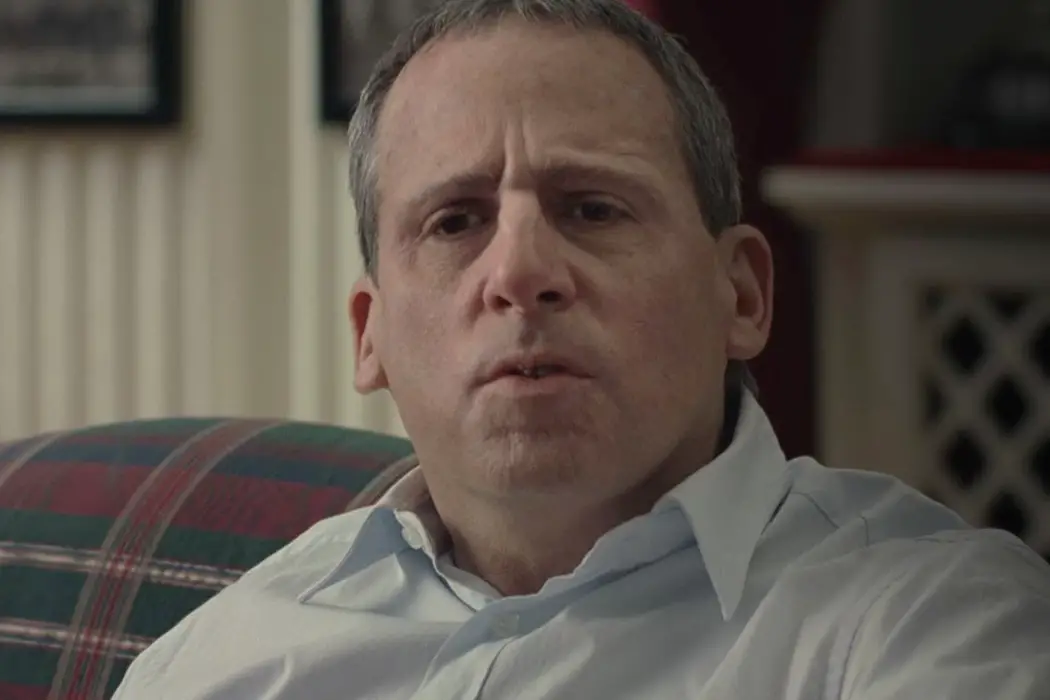
I'm a copywriter with a passion for film and screenwriting.…
With former Good Time,
directed by Josh Safdie and Benny Safdie, I thought it would be fun to take a look at films that have changed the way we thought about actors. Whether it was a breakthrough picture that cemented their reputation as a heavyweight actor, or simply a complete change of direction we never saw coming. Here are a few of my favourites.Cameron Diaz – Being John Malkovich (1999)
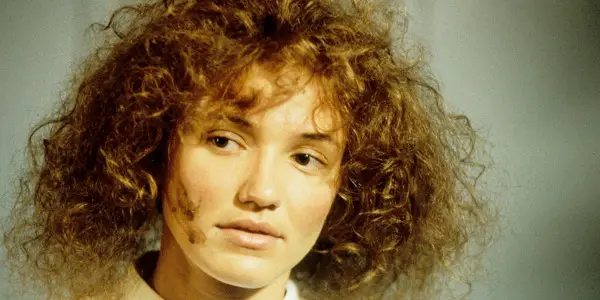
After five years of seeing Diaz’s luminous beauty shine through in big-hit movies like There’s Something About Mary and My Best Friend’s Wedding, it was both a shock and a thrill to see her as the ultra-plain and unglamorous Lotte Schwartz in Being John Malkovich, directed by Spike Jonze and written by Charlie Kaufman. Stripped of Hollywood glitz, the role underlined Diaz’s gift for wit and gave her the chance to excel in a complex role and a uniquely original plot.
The film tells the story of struggling puppeteer Craig Schwartz, played by John Cusack, and his pet loving wife Lotte, in the last throws of their marriage. Forced to take a job in an office building, Schwartz discovers a portal into the mind of actor John Malkovich, taking Schwartz, his co-worker Maxine (played by Catherine Keener), and Lotte on a bizarre journey exploring love, identify, sex and gender.
Lotte earned Diaz a well-deserved Golden Globe nomination – if you haven’t already seen it, you won’t be disappointed.
Steve Carell – Foxcatcher (2014)
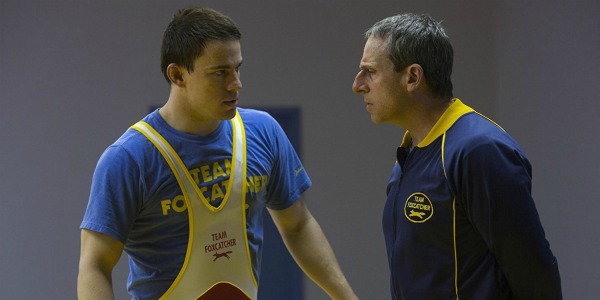
Foxcatcher, directed by Bennett Miller and written by E. Max Frye and Dan Futterman, gave us two career-defining performances by comedian Steve Carell as John E. Du Pont and Channing Tatum as Mark Schultz.
The film is based on the true story of Du Pont, a toxic, bullying billionaire who took on the inexplicable role of training the US Olympic wrestling team for the 1988 Olympic Games, including gold medal-winning brothers Mark and Dave Schultz (played by the equally brilliant Mark Ruffalo).
Carell, famous for his roles in comedies like The 40 Year-Old Virgin and Date Night, is almost unrecognisable as Du Pont, and it’s not just the nose. Everything about Carell’s performance is a million miles away from funny.
Tatum is equally exceptional as the younger brother who can’t quite live up to his older sibling, especially in the scene where his pain and anger explode to the surface, in a devastatingly emotional display of self-destructive loathing. 21 Jump Street it certainly ain’t.
Will Smith – The Pursuit of Happyness (2006)
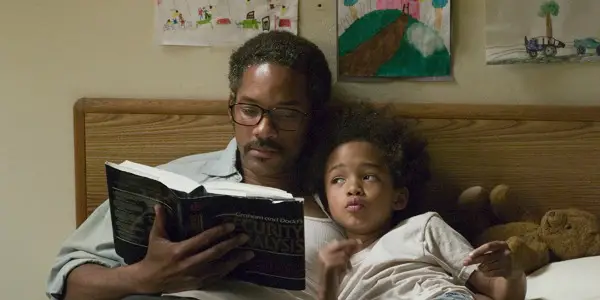
Will Smith took a turn of direction to play Chris Gardner in The Pursuit of Happyness (yes, it’s spelt that way on purpose), and it earned him a well-deserved Oscar nomination for Best Actor. Known for taking the lead in action flicks like Independence Day, thrillers such as Enemy of the State and frothy romcoms like Hitch, it was great to see Smith in a much subtler, low-key role.
The film, directed by Gabriele Muccino and written by Steve Conrad, tells the true-life story of Chris Gardner, who faced hardship and homelessness in pursuit of a better life for himself and his son. More than that, it’s a story of poverty in the heart of America’s financial system, with Gardner having to hide his dire situation from both his rich, privileged colleagues and his young son Christopher (played by Smith’s real life son Jaden Smith).
Smith won praise for his portrayal of Gardner with Empire saying “In the movie’s climatic moments, when most other actors would holler and bawl for all they’re worth, Smith opts for an understated and virtually wordless reaction, tears tickling his eyes. It works beautifully.”
The film is also an interesting take on the classic Hollywood ‘rags to riches’ story, where it’s usually a passion like sport or music that offers a way out; in The Pursuit of Happyness, it’s an unpaid internship at a stockbroking firm – the preserve of the white, wealthy and educated.
Charlize Theron – Monster (2003)
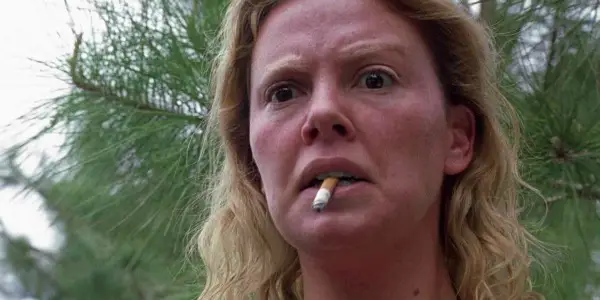
It’s hard to imagine a more shocking transformation than Charlize Theron’s to play Aileen Wuornos in the film Monster, written and directed by Patty Jenkins. But Theron’s Oscar-winning performance is about far more than just make-up.
Monster tells the true story of Wuornos, an American serial killer who was sentenced to death for killing seven men, after a grim childhood of abuse and abandonment. Theron herself said: “I didn’t want it to be the kind of thing where transforming me into Aileen became just about prosthetics and a fat-suit, I knew early on that part of me understanding her journey of who she was, was to really get myself in a place where I felt the same things she might have felt. I knew I had to transform my body to get myself into her physical skin.”
It was certainly an incredible role for Theron, who hadn’t played a part resembling anything close to it before, and she worked hard to do justice to it, studying tapes of the real-life Wuornos to get into character as well as putting on weight.
Daniel Craig – Logan Lucky (2017)
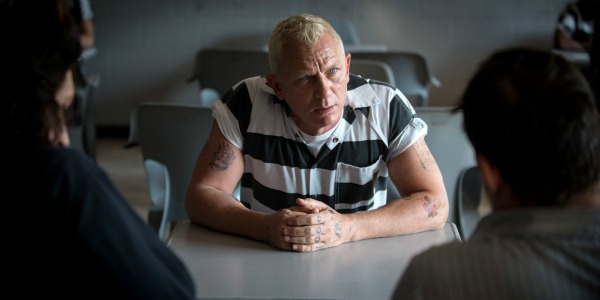
Almost as delightful and unexpected as John Travolta’s Vincent Vega in Pulp Fiction, Daniel Craig’s role in Logan Lucky is pure brilliance. It’s also a huge departure for Craig, most famous for playing brooding British secret agent James Bond in films like Skyfall and Spectre.
Logan Lucky, directed by Steven Soderbergh and written by Rebecca Blunt, is a comic heist thriller that tells the story of two brothers, played by Channing Tatum and Adam Driver, who decide to change their fortunes by robbing a NASCAR race. Craig plays larger-than-life bank robber and explosives expert Joe Bang and he steals every scene he’s in – hilariously.
Apparently, Soderbergh gave Craig free rein with the character and it certainly feels as if he relished in the freedom and the role – even talking in Joe’s trademark southern twang between takes.
Often, it’s the serious roles played by actors that make audiences sit up and take notice, but in Craig’s case, it’s the exact opposite. He may have won praise for his nuanced portrayal of Bond, but it’s the trashy and exuberant Joe Bang that shows his wit and versatility as an actor.
What film changed the way you thought about an actor?
Does content like this matter to you?
Become a Member and support film journalism. Unlock access to all of Film Inquiry`s great articles. Join a community of like-minded readers who are passionate about cinema - get access to our private members Network, give back to independent filmmakers, and more.
I'm a copywriter with a passion for film and screenwriting. I love most film genres but especially thrillers, science fiction, movies based on classic literature and films that can't be pigeon-holed.













